Global remittances witnessed a significant 5% increase, reaching a staggering $626 billion in 2022. Nonetheless, the companies responsible for facilitating these remittances frequently grapple with a frustrating lack of liquidity that impedes their growth prospects. These liquidity constraints are primarily rooted in two key challenges:
- Prefunding: Financial institutions have to prefund their payout partners to achieve same-day settlements, due to cross-border payments’ dependency on antiquated networks. However, it has resulted in an excess of $4 trillion sitting idle in pre-funded accounts, representing a massive yet hidden cost for financial institutions and the global payments industry as a whole.
- Limited access to liquidity: Accessing liquidity remains a significant problem for remittance companies, making it difficult for them to secure additional capital as they strive to meet growing demands. Most traditional and alternative lenders primarily cater to customers with long-term credit needs or specific payout corridors. The application processes are time-consuming, and once credit is extended, it must be repaid regardless of whether it is utilized. This situation also requires cash collateral, which again, remains idle.
Arf, a liquidity and settlement platform, was built on a mission to empower the cross-border payments industry. Recognizing the core issues faced by the industry, the company has introduced a short-term, revolving line of credit tailored specifically for licensed financial institutions in cross-border payments. Arf Credit Line enables these institutions to achieve same-day settlements without the need for prefunding, effectively eliminating associated counter-party risks.
In just 10 months, Arf has provided over $400 million in loans to remittance companies and has facilitated nearly $0.5 billion in on-chain payments volume.
Case Study
Challenge
A remittance company has been struggling with competition in the industry, mainly led by global contenders with much larger amounts of capital. The firm’s clients, money transfer locations, were losing money due to the increasing number of customers asking for same-day settlements. The locations, lacking the resources to prefund the banking rails themselves within this time frame, had to sign agent agreements with the firm’s competitors.
Meanwhile, remittance flows from Europe to Africa have been dramatically increasing, making it difficult to meet the demand. The remittance firm needed a breakthrough project that would bring a competitive edge without more capital requirements.
As they were seeking an agent of change, they met with many different solution providers, but none of them seemed competent enough to offer a single solution to meet all their needs. In the quest for liquidity, they applied to banks for credit, only to find out the very long repayment terms and even more capital requirements in return. After a few weeks of busy research, the team was introduced to Arf through trusted business partners, and finally breathed a sigh of relief.
Solution
Arf offered an all-in-one solution to all the challenges they faced by providing a short-term and USDC-based working capital credit line, enabling the firm to make cross-border payments without collateral or prefunding.
Arf’s solution, known as the Arf Credit Line, is built on the Stellar network and powered by Circle's USDC, and provides access to short-term (1 to 5 days) working capital for qualified licensed financial institutions worldwide. With Arf Credit Line, financial institutions can make same-day settlements with their partners in desired countries without requiring prefunding or any additional collateral.
Arf Credit Line eliminates the capital-intensive business model for sending parties and counterparty risk for receiving parties in cross-border payments. Moreover, because all of these transactions happen on-chain with USDC, money transfers can be transparently tracked without any intermediary.
Seeing the superior advantages, the firm decided to team up with Arf to meet the increasing demand for payments in the Europe-Africa corridor. The onboarding process was completed within two weeks, and the firm started to use the line of credit in November 2022.
How it works
Let’s say the firm’s European customers, who are money transfer locations, want to send a certain amount of money to Africa. To do that, they send funds to the firm’s local bank account in Europe. Arf provides the line of credit with an agreed-upon credit limit, and funds the transaction amount to the firm’s local partners in Africa. In other words, Arf prefunds the bank account of the receiving partners in Africa for the desired daily transactions on the firm’s behalf.
The transaction is settled in USDC, and the firm’s partners can do the same-day local payout with local fiat money. After the settlement, the firm funds its Global Treasury Account provided by Arf in USD through the desired method, such as Wire, SWIFT, or SEPA. Arf instantly tokenizes the deposit to USDC, which is always redeemable 1:1 for U.S. dollars.
The firm repays the matured credit within the agreed-upon terms of 1 to 5 days from its Global Treasury Account. Right after the repayment, Arf reopens the credit limit so the firm can reaccess the line of credit. This way, the flow of liquidity continues.
Results
- More than 800 money transfer locations in Europe started making same-day settlements with their partners, with significantly lower costs than their global competitors.
- The firm’s cross-border volume in the Europe-Africa corridor increased by 27% in only two months.
- The 6-month growth objectives were achieved within just two months of the partnership.
- Loans and repayments are now fully transparent and visible with on-chain USDC transactions.
- The firm eliminated any prefunding or collateral requirements, as well as counter-party risks, enabling it to use this unlocked capital for further expansion.
As a result, the firm gained a competitive advantage over its competitors and eliminated counter-party risk without locking up any more capital. Moreover, it can use the same treasury account to make settlements in other corridors across the globe, 24/7 and in real-time, reducing the burden of cross-border financial operations as its coverage expands.
The partnership serves as an unprecedented use case, demonstrating that Web3 technologies can be employed in a fully compliant manner to access liquidity and achieve same-day settlements without the necessity of prefunding. Arf, as a regulated liquidity platform, paves the way for the future of cross-border payments by bridging the worlds of Web3 and TradFi, enabling broader access to enhanced financial services.
Click here to download the case study, view the live dashboard, and sign up for Arf Credit Line.
About Arf
Arf is a liquidity platform for financial institutions in cross-border payments, offering short-term, revolving, and digital asset-based credit lines. Committed to transparency, Arf aims to enhance access to liquidity for cross-border financial institutions worldwide.







